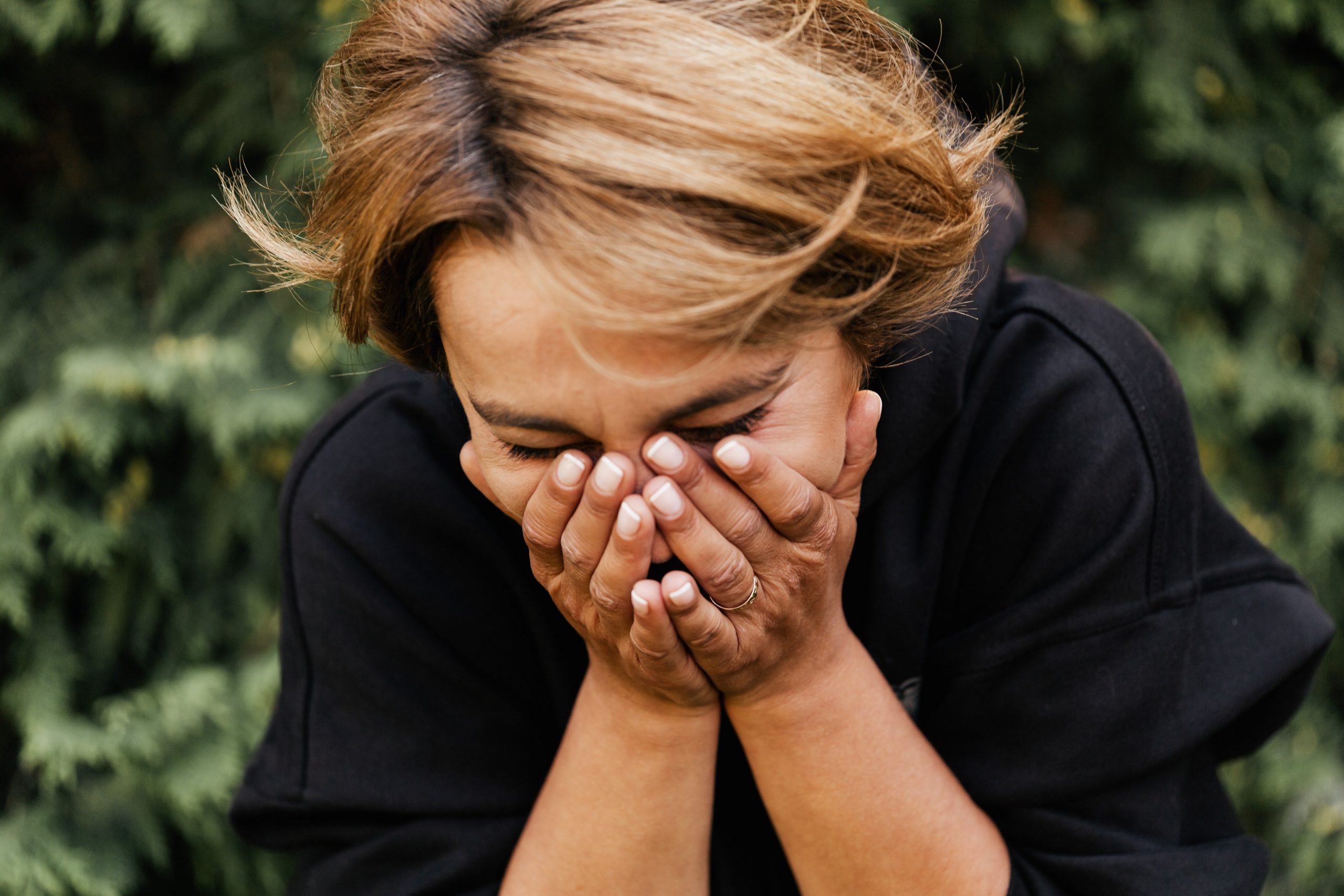Although loss happens to everyone, experiencing it can still feel overwhelmingly painful, confusing, and devastating. You may feel torn about what to do next. You might also worry about burdening others with your emotions.
We all manage grief differently, but navigating this process alone often feels lonely. Some people try to avoid their feelings, but doing so often only perpetuates more pain.
Grief therapy provides a supportive outlet for coping with challenging losses. In this space, you are heard and respected. In addition, you receive the space you need to feel your emotions and share your thoughts candidly.
Let’s get into what else you need to know.
What Is Grief Therapy?
Grief therapy refers to a specific type of therapy that can provide you with emotional support and practical tools after experiencing a loss. It can be extremely helpful to consider this option if you’re struggling with the death of a loved one.
Grief therapy isn’t about fixing or expeditating the grief process. Instead, it’s about honoring your feelings, acknowledging your fears, and having a safe place to discuss coping with new changes.
The techniques in grief therapy vary based on your individual needs. However, you can expect to work on:
- recognizing and expressing your emotions surrounding the loss.
- developing healthy strategies for managing stress or sadness.
- identifying how maladaptive behaviors might exacerbate complicated grief.
- establishing or recreating a new sense of identity.
- building or deepening relationships with others.
When Should You Go to Grief Therapy?
Grief therapy can be beneficial at any point after a loss. Some people want immediate support after the loss. Others may need several months or years before they feel comfortable opening up to someone.
Delayed grief may also occur if you consciously or subconsciously “powered through” dealing with a loss. You might feel like you have healed, only for a specific trigger to trigger a series of intense emotions. These emotions may happen long after the loss occurred.
That said, if you feel that you are struggling, it’s worth considering seeking help. You don’t need any other formal reason. Even if you have tried therapy in the past (and have resolved other issues), seeking support again may be invaluable.
If possible, try to avoid waiting until your distress feels insurmountable. You don’t deserve to suffer on top of the pain you are already experiencing.
What Else Should You Expect in Grief Therapy?
Therapy isn’t about spilling all your emotions right away. It also isn’t about your therapist instructing you what to do (or what not to do).
Instead, it’s about respecting your journey and finding healthier ways to cope with your new situation. This is because so much of therapy consists of active collaboration and ongoing processing of your feelings, thoughts, and experiences.
There is no “timeline” for when you will feel better. However, therapy can harness greater self-esteem and more acceptance for your life circumstances, both of which can improve how you cope.
What About Bereavement Groups?
Many individuals benefit from attending support and bereavement groups after experiencing a loss. These groups are often peer-led, although therapists or trained leaders sometimes facilitate them.
Such groups might follow a particular curriculum. Others are more open-ended and encourage free expression where members can share whatever is on their mind.
Finally, some groups are more specific in nature. For example, the group might be centered on coping with the loss of a spouse, parent, or child. Every member in this group relates to having the same type of loss, creating a powerful sense of validation and community.
These groups are not the same as individual therapy. However, many people benefit from a combination of both approaches.
What If You Aren’t Grieving a Death (But You’re Still Struggling?)
While most grief therapy focuses on coping with the loss of a loved one, loss isn’t just about death. Other common losses include:
- losing something valuable (a home, car, job).
- losing someone you cared about but didn’t personally know yourself.
- divorce or break-ups.
- infertility.
- estrangement or strained relationships.
- losing important parts of your identity.
- anticipating a loss (due to a medical condition or poor prognosis).
Sometimes, these losses fall under the umbrella term of disenfranchised grief. Disenfranchised grief refers to losses that someone cannot- for whatever reason-readily acknowledge or publicly mourn. This experience can be particularly challenging because you might be feeling emotions like shame, embarrassment, fear, or guilt along with the grief itself.
If you feel like you’re grieving, your feelings are real. All grief is valid, and therapy can be incredibly influential in feeling connected and supported.
Final Thoughts
While experiencing loss is an inevitable part of life, you don’t have to suffer from your intense emotions alone. Life may feel dark right now, but grief therapy can offer some guiding light during this challenging time.
I am here to listen and support you unconditionally. Contact me today to learn more.

